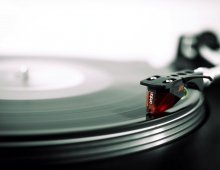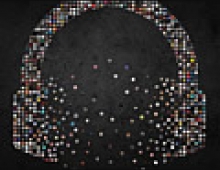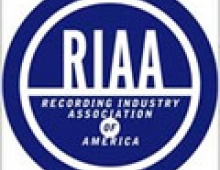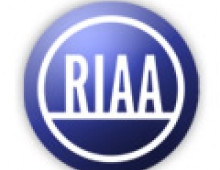
Recording industry sues hundreds Of individual music swappers
The Recording Industry Association of America on Monday filed 261 lawsuits in federal courts
around the country and made public its amnesty program for file swappers.
The lawsuits, the result of subpoenas the RIAA earlier sent to Internet service providers,
universities, and other organizations asking for the identities of some 1,600 people it accused of
breaking copyright laws by illegally sharing music files, were not unexpected. Nor was the amnesty
program, which the RIAA called "Clean Slate."
The suits were filed by the RIAA on behalf of its members, which include Universal Music Group, BMG, EMI, Sony Music, and Warner Music. More waves of lawsuits were expected, and the total could eventually reach the thousands, the RIAA said.
"Nobody likes playing the heavy and having to resort to litigation," RIAA president Cary Sherman said in a statement. "But when your product is being regularly stolen, there comes a time when you have to take appropriate action."
Except for those named in Monday's and earlier lawsuits, individual file swappers can file an affidavit with the RIAA that will provide immunity to prosecution.
Those who sign and submit the affidavit must promise to delete all illegally downloaded audio files and destroy any copies made to media such as a CD-R or CD-RW disc, said the RIAA in information released about Clean Slate. They must also swear to not engage in future illegal downloading, distribute files on a peer-to-peer network, or make copies of ill-gotten tunes.
The Clean Slate affidavit can be downloaded from the RIAA's Web site, as well as the musicunited.org Web site.
The music industry says file-sharing is a violation of copyright laws and blames the practice for a 31% decline in CD sales in the last three years. The individuals sued Monday were sharing, on average, more than 1,000 songs each, the group said.
The suits were filed by the RIAA on behalf of its members, which include Universal Music Group, BMG, EMI, Sony Music, and Warner Music. More waves of lawsuits were expected, and the total could eventually reach the thousands, the RIAA said.
"Nobody likes playing the heavy and having to resort to litigation," RIAA president Cary Sherman said in a statement. "But when your product is being regularly stolen, there comes a time when you have to take appropriate action."
Except for those named in Monday's and earlier lawsuits, individual file swappers can file an affidavit with the RIAA that will provide immunity to prosecution.
Those who sign and submit the affidavit must promise to delete all illegally downloaded audio files and destroy any copies made to media such as a CD-R or CD-RW disc, said the RIAA in information released about Clean Slate. They must also swear to not engage in future illegal downloading, distribute files on a peer-to-peer network, or make copies of ill-gotten tunes.
The Clean Slate affidavit can be downloaded from the RIAA's Web site, as well as the musicunited.org Web site.
The music industry says file-sharing is a violation of copyright laws and blames the practice for a 31% decline in CD sales in the last three years. The individuals sued Monday were sharing, on average, more than 1,000 songs each, the group said.




















